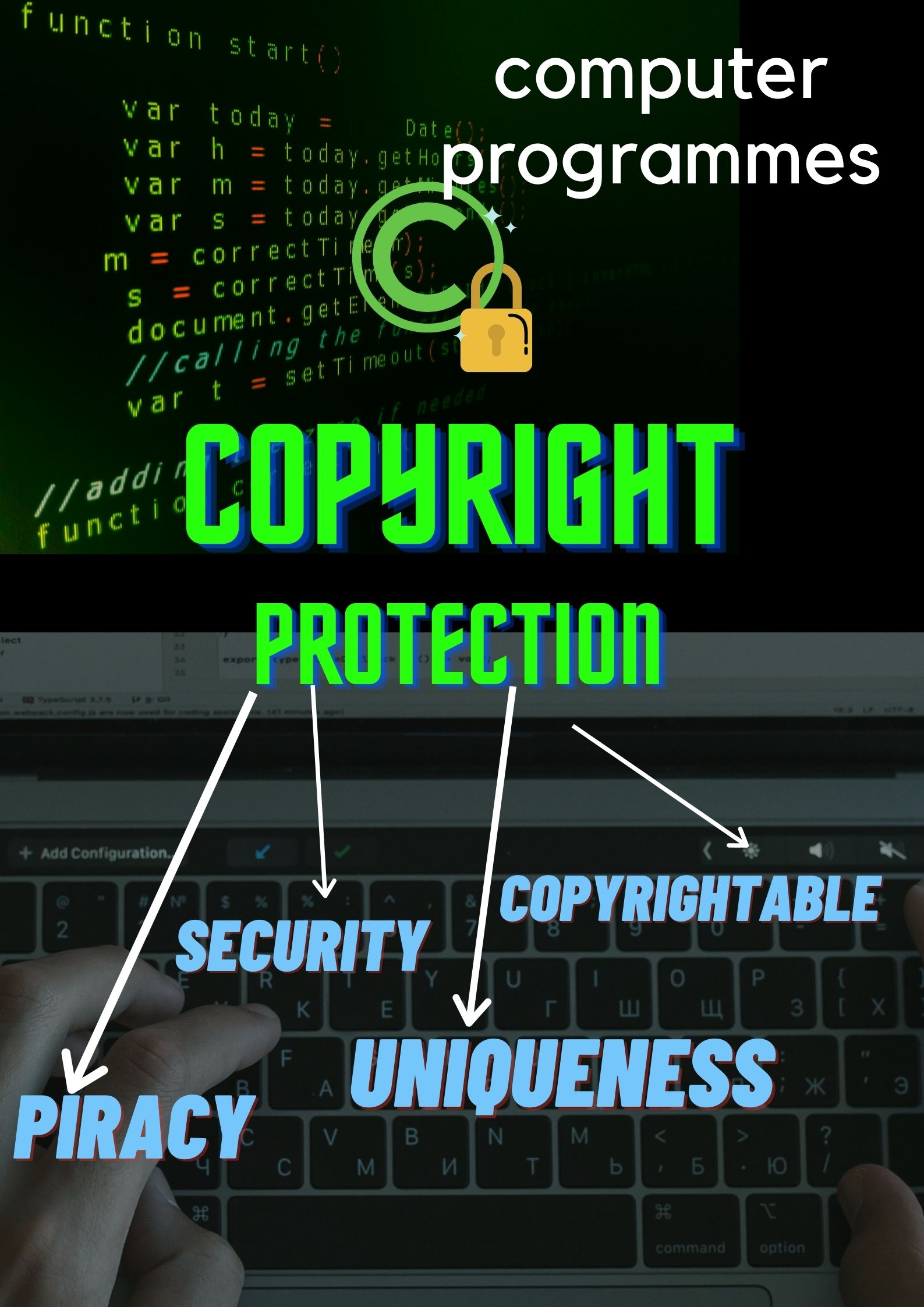Registering copyrights for computer programs
Updated on : 2020-Nov-11 16:54:38 | Author :
This article will help you to understand the unique issues related to the registration process of copyrights for computer programs. Though a computer program gets automatically copyrighted by its creations, there are many advantages to register the copyright for the computer programs. The feature of requesting the statutory damages is actually very important as it is often considered as difficult and also expensive to prove the actual damages in an infringement case.
What are computer programs and copyright registration?
The computer program can be defined as a set of statements or instructions that are to be used directly or indirectly in a computer to bring about a result. Copyright protection for computer program describes all of the expression that is copyrightable and embodied in the program. The copyright act does not protect the functional aspects of the computer program, like the computer program’s algorithms or formatting or functions or logic or system design.
The application for registration of the copyright contains three essential aspects. They are-
- A fully completed application form
- A nonrefundable filing fee
- A nonreturnable deposit (i.e. a copy or copies of the work being registered & was “deposited” in the Copyright Office).
Copyright Registration also contains the general information about submitting an application form that includes the details about what to expect after one file and the specific effective date of registration.

Why register a copyright for computer programs?
A work that is termed as "copyrighted" is often used to explain the registration of copyright on the work which has been obtained from the Copyright Office. While commonly used, this terminology can be told technically incorrect. A "copyrighted" work suggests that copyright law protects the work more appropriately. The protection of Copyright is available for all the copyrightable expressions which are embodied in a computer program. Copyright protection does not protect the ideas or program logic or algorithms or systems or methods or concepts or layouts. This indicates that an author of a computer program is protected by copyright from others duplicating it. But it does not protect from others writing different code to achieve similar results. In the United States, the copyrightable expression in a computer program gets protection from the time it is "fixed in a tangible medium." It suggests that, without the author doing any more than simply doing creative things related to the computer program and storing it in a hard disk or floppy disks, the program is completely protected by the existing copyright law. We can tell that a computer program gets automatically copyrighted from the time the programmer saves that file to disk. In contrast to the strict time limits for filing a patent application, a copyright application can also be filled at any time during the “copyright term”. The Copyright Law gives a minimum term of 95 years from the publication date. If a person is considered as the “author” in the application form, then the term may extend for the lifetime of the author or the last surviving author added 70 years. Though the ability for filing a copyright application form many years after the primitive publication, this does not indicate that copyright registration should not be done promptly. There are various significant benefits if this application form is filled with reasonable promptness. One reason for this is that copyright registration is mandatory to file an infringement case. As the Copyright Act provides three year’s statute of limitations for performing civil actions, the infringement actions must be filled in the court within three years duration after the claim is presented. Another reason for this promptness to obtain a copyright registration is that an award of the made statutory damages and attorneys' fees in an infringement activity cannot generally be made if the author has not registered the computer programs before the infringement action begins. If the infringement begins shortly just after the program was first published, a three-month window from the first publication date is afforded to register the copyright for claiming for the author to get entitled in an infringement case over the statutory damages and the attorney's fees too. Thus the principle to register a computer program stays unpublished or within three months of publication.
Additional resources


